Advancing Lung Cancer Knowledge and Treatment: Insights from MD Anderson
Comprehensive Overview of Lung Cancer
MD Anderson Cancer Center provides an extensive resource on lung cancer, covering crucial aspects such as types, risk factors, symptoms, and treatment options. This guide underscores the importance of early detection through screening and offers insights into various diagnostic techniques.
Types and Risk Factors:
Types of Lung Cancer: Lung cancer is primarily categorized into non-small cell lung cancer (NSCLC) and small cell lung cancer (SCLC). NSCLC accounts for about 85% of cases and includes subtypes like adenocarcinoma, squamous cell carcinoma, and large cell carcinoma. SCLC, making up the remaining 15%, typically grows and spreads faster than NSCLC and is often linked to smoking.
Risk Factors: Key risk factors include smoking, exposure to second-hand smoke, exposure to carcinogens such as asbestos and radon, air pollution, family history, and certain genetic factors.
Symptoms and Diagnosis:
Symptoms: Common symptoms of lung cancer include coughing up blood, persistent cough, shortness of breath, and chest pain.
Diagnostic Methods: Diagnostic tools include needle biopsy, thoracentesis, bronchoscopy, endobronchial ultrasound (EBUS), video-assisted thoracoscopic surgery (VATS), and imaging techniques like PET-CT and MRI.
Treatment Options:
Surgery: Options include open surgery and minimally invasive procedures like video-assisted thoracic surgery (VATS) and robotic-assisted surgery.
Radiation Therapy: Techniques include 3D-conformal radiation therapy, intensity-modulated radiotherapy (IMRT), and stereotactic body radiation therapy (SBRT).
Systemic Therapy: Encompasses chemotherapy, targeted therapy, and immunotherapy. MD Anderson highlights the use of checkpoint inhibitor immunotherapies, which have revolutionized care for NSCLC by enabling the immune system to attack cancer cells more effectively.
Support Services:
MD Anderson also offers comprehensive support services for patients and their families, emphasizing a multidisciplinary approach to care.
For more detailed information, read the full article on MD Anderson's website: MD Anderson Lung Cancer Information.
Cizzle Bio, Inc.'s Commitment to Innovation
At Cizzle Bio, Inc., we are dedicated to revolutionizing lung cancer detection and treatment. Our innovative approaches, including the development of the CIZ1B biomarker technology, align with the advancements highlighted by leading institutions like MD Anderson. By integrating cutting-edge research and technology, we aim to enhance early detection, improve patient outcomes, and reduce the burden of lung cancer.
How Cizzle Bio, Inc. Enhances Lung Cancer Detection:
Biomarker Technology
Our focus on the CIZ1B biomarker allows for early and accurate detection of lung cancer, potentially even before symptoms appear.
Collaborative Efforts
We work alongside top medical institutions to refine and implement advanced diagnostic methods, ensuring that patients receive the best possible care.
Patient-Centered Approach
We prioritize patient education and support, providing resources and information to help individuals understand their diagnosis and treatment options.
To learn more about our innovative lung cancer detection technologies and how we are contributing to the fight against lung cancer, visit Cizzle Bio, Inc.'s website.

